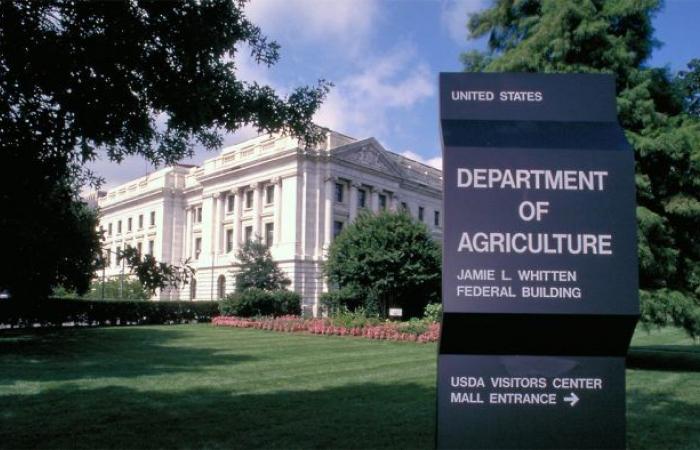A U.S. trade delegation, made up of agricultural officials and representatives from 50 companies, will visit Casablanca in early December 2024. This mission, supported by the U.S. Department of Agriculture, aims to promote U.S. agricultural and food exports to Morocco and West African markets.
A large American trade delegation, bringing together agricultural sector officials from several states as well as representatives of 50 companies and trade groups, will visit Casablanca, Morocco’s economic capital, early next month.
Leading this delegation, Daniel Whitley, Director of the Foreign Agricultural Service of the United States Department of Agriculture, who expressed in an official press release: “This mission represents an essential opportunity for American agricultural companies to establish themselves in the market dynamic Moroccan market and to take advantage of Morocco’s strategic position to penetrate other African markets. He also reaffirmed the department’s commitment to “facilitating these key connections and growing U.S. agricultural exports.”
Morocco: Strategic hub for American agricultural exports in Africa
Morocco is among the main trading partners of the United States for agricultural products in Africa, occupying second position on the continent. In 2023, U.S. food exports to Morocco exceeded $619 million, or 16% of all U.S. agricultural exports to Africa. Since the entry into force of the free trade agreement in 2006, these exports have doubled, illustrating the growing attractiveness of the Moroccan market.
The United States Department of Agriculture also emphasizes the importance of Morocco as a hub in distribution to the rest of Africa. As a major importer of basic and intermediate products, Morocco also offers numerous opportunities in the food processing sector, particularly for products intended for consumption, such as meats, dairy products, cereals, seafood and seed potatoes.
Read also: (Video) Between Morocco and the United States, a convergence of values and commitments
This trade mission will be held from December 2 to 5, 2024 and will include direct meetings between American companies and potential importers, not only from Morocco, but also from other West African countries such as Ivory Coast , Gambia and Senegal. The objective is to establish new partnerships and strengthen the presence of American products in these promising markets.
In addition, the delegation will include influential figures in the American agricultural sector, such as Mike Beam, Secretary of Agriculture of the State of Kansas, Doug Goehring, Commissioner of Agriculture of North Dakota, Matthew Lohr, Virginia Secretary of Agriculture and Forestry, and Randy Romanski, Wisconsin Secretary of Commerce, Agriculture and Consumer Protection. Accompanied by representatives from other state administrations, these officials will provide their expertise to support participating companies.
Morocco-United States trade relations: A mixed success
Trade between the United States and Morocco has seen significant development in recent years. In 2022, the total volume of goods and services exchanged between the two countries exceeded 6.8 billion dollars, including 4.5 billion coming from American exports to Morocco. The free trade agreement, signed in June 2004 and entered into force in January 2006, played a key role in this dynamic. It allowed the elimination of customs barriers, which favored a notable increase in the United States’ trade surplus with Morocco, from $79 million in 2005 to more than $1.8 billion in 2011.
Between 2016 and 2021, Morocco’s fruit exports doubled from $729 million to more than $1.5 billion. This growth was largely supported by the European and American markets, positioning Morocco as a major player in the international fruit trade. In 2023, U.S. agricultural exports to Morocco reached $610.17 million, placing the country as the 36th largest agricultural destination in the United States. Among the main exported products are soybean meal, nuts, distilled cereals and corn.
Since the implementation of the free trade agreement, bilateral trade has more than quadrupled, from around $1.3 billion in 2006 to $5.5 billion in 2023. Morocco mainly exports fertilizers, semiconductors and motor vehicles to the United States, while its main imports from the United States include fuel, aircraft parts and gas turbines.
However, the growing trade imbalance shows that the full potential of the free trade agreement is not being fully exploited. Indeed, although the agreement has promoted substantial growth in trade, Morocco continues to record a trade deficit. This increased from less than a billion dollars in 2006 to around 1.8 billion dollars in 2023, indicating that the economic benefits of the agreement for Morocco remained limited.






